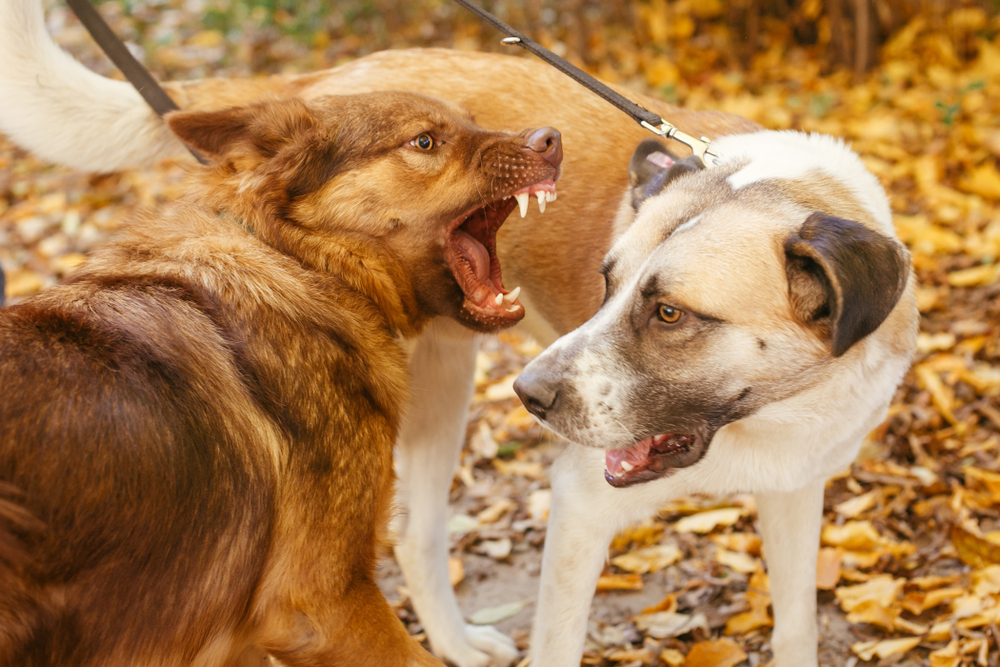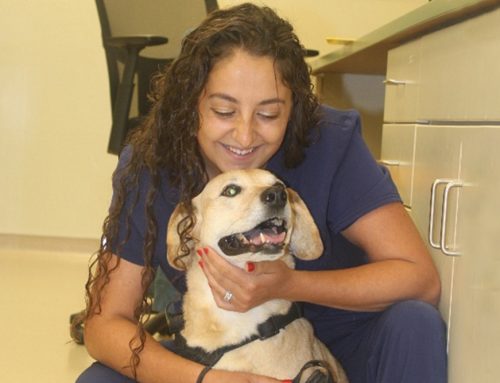Veterinary emergencies are frightening and expensive, and while not all situations are avoidable, you can take steps to decrease your furry pal’s risk. Our Heritage Veterinary Clinic team is devoted to ensuring your pet lives a long and happy life, and we explain how you can help prevent five common pet emergencies.
Pet emergency #1: Car accidents
Numerous pets every year are hit by a car, resulting in significant injury, and death in some cases. In addition, pets can be injured when riding in a vehicle that crashes. Tips to protect your pet from a vehicular accident include:
- Keep your cat indoors — An indoor cat’s typical lifespan is 15 to 17 years, but an outdoor cat lives only two to five years, because they are at increased danger risk, such as being hit by a car. Keep your cat safe indoors.
- Keep your dog leashed — Keep your dog leashed in unfenced areas to ensure they don’t run into traffic.
- Restrain your pet appropriately — When traveling in the car with your pet, restrain them properly. Small dogs and cats should be placed in a carrier on the vehicle floor, preferably behind the passenger seat, and large dogs should be restrained with a well-fitted safety harness or a pet barrier.
- Never allow your dog to ride in your truck bed — According to the Humane Society of the United States, 100,000 dogs who are riding in truck beds are killed each year.
Pet emergency #2: Toxicity
Pets are curious, and often explore their environment using their mouth, which can lead to toxin ingestion. Tips to protect your pet from toxicity include:
- Keep counters clear — Many foods, such as chocolate, grapes, raisins, and xylitol-containing foods, are toxic to pets. Store food securely in cabinets or in closed canisters.
- Secure medications — All medications, including over-the-counter, prescription, and veterinary drugs, can be toxic to pets and must be stored securely.
- Check your plants — Many common household plants, such as lilies, sago palms, and tulips, are toxic to pets. Check plants in and around your home to ensure they are pet safe.
- Store household products safely — Many household products contain dangerous chemicals that are toxic to pets. Store all such items safely behind securely closed doors.
Pet emergency #3: Foreign body ingestion
Some pets tend to ingest foreign objects that can cause a gastrointestinal (GI) obstruction. Dogs commonly ingest balls, small toys, rocks, small clothing items, plastic wrap, and bone fragments, while cats will more likely ingest linear foreign objects, such as string, thread, and fishing line. Tips to prevent foreign body ingestion include:
- Keep your home tidy — Securely store any object your pet could potentially ingest, and ensure your children pick up their toys after play.
- Offer appropriate chew toys — Dogs need to chew, and they need appropriate chew toys, so they are not tempted to bite on inappropriate objects. Also, toys must be too large for your dog to swallow.
- Provide sturdy toys — Ensure your pet cannot easily destroy their toys and eat the pieces.
- Avoid bone treats — Bones are brittle and can easily splinter into pieces that your pet can swallow. Often, splintered bone fragments are sharp and not only cause a GI obstruction, but also damage your pet’s GI tract.
Pet emergency #4: Heatstroke
Pets don’t sweat like humans and must rely on less efficient methods, such as panting, to cool themselves, which puts them at increased heatstroke risk. In addition, brachycephalic, senior, and overweight pets, and those affected by a heart or respiratory condition, are at even higher heatstroke risk. Tips to prevent your pet from overheating include:
- Never leave your pet in an unattended vehicle — Temperatures inside a parked car quickly elevate to dangerous levels, even on a mild day, and parking in the shade or leaving the window cracked is not enough to keep your pet safe.
- Take breaks — When outdoors, take frequent breaks in the shade to give your pet time to cool down.
- Pack water — Pack water and a portable water bowl when outdoors with your four-legged friend, and offer them frequent drinks.
- Know the signs — Pet owners often miss the initial, subtle, heat stress signs. If your pet is lethargic, panting more than usual, or has thick, ropey drool, move them to a cool, well-ventilated area and offer them water.
Pet emergency #5: Dog fights

Dog fights are distressing and can lead to serious injuries, including lacerations and puncture wounds. Tips to help prevent dog fights include:
- Know your dog — If your dog is aggressive toward other dogs, avoid dog parks and other areas where unfamiliar canines gather.
- Learn canine body language — Knowing how to read a dog’s body language can help you determine whether trouble is brewing. You then can remove your dog from the situation if they or another dog become anxious or aggressive.
- Avoid peak times — Avoid visiting dog parks on Saturdays and late weekday afternoons, when they tend to be the busiest.
- Supervise your dog — Supervise your dog at all times, so you can remove them from a dangerous situation.
These tips should help protect your four-legged friend from some common pet emergencies. However, should your pet experience a veterinary emergency, contact our Heritage Veterinary Clinic team, so we can provide the care they need, or direct you to an emergency veterinary hospital.







Leave A Comment